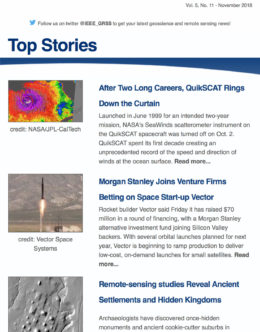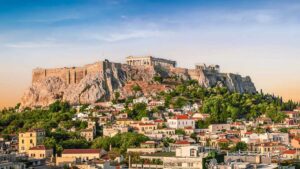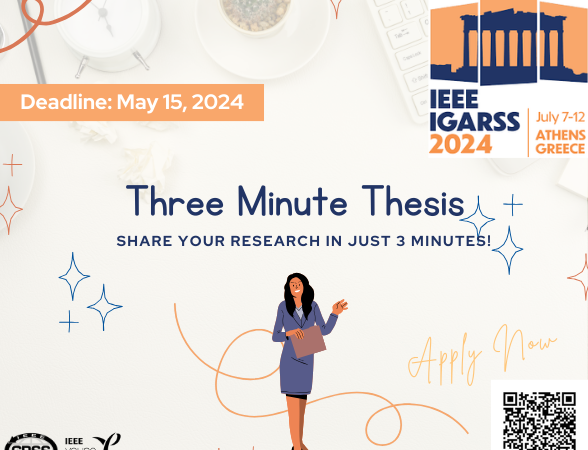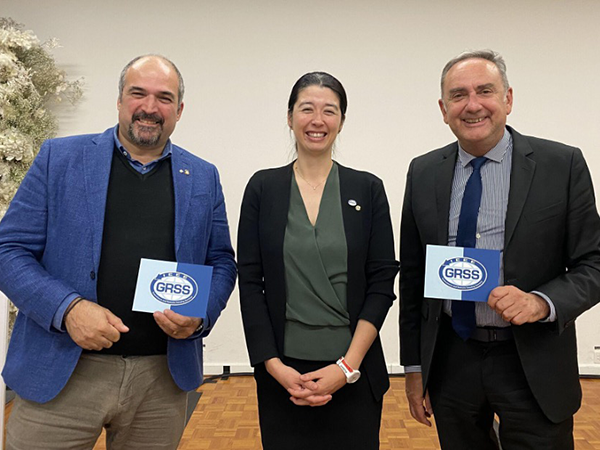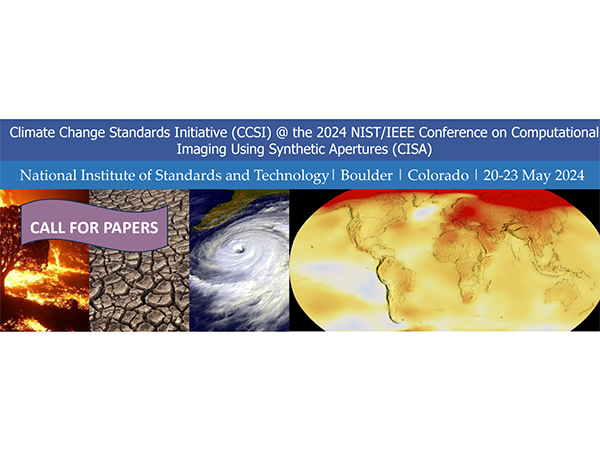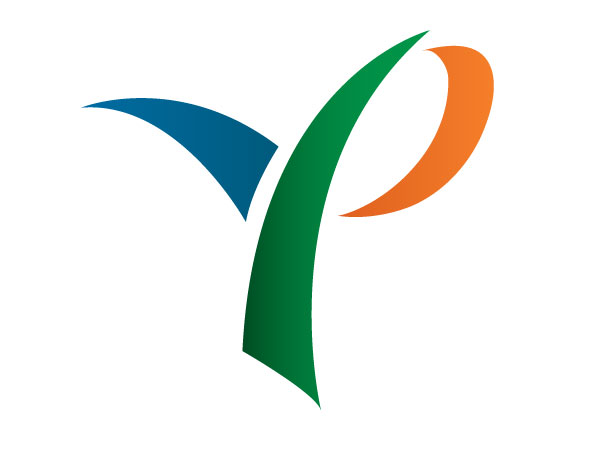33rd EARSeL Symposium “Towards Horizon 2020: Earth Observation and Social Perspectives”,
Matera, Italy, 3-6 June 2013
www.earsel.org/symposia/2013-symposium-Matera/
or www.earsel.org/welcome.html.
Contributions are particularly welcome in the following areas:
EO for improving Smart City management
Monitoring and protecting biodiversity
Support of regenerative energy production and transport
Improving climate observations
Improving agriculture, water and fisheries management
Supporting disaster management
Other contributions are invited in one of the following topics:
Scientific applications of remote sensing, emerging methods and technologies
Capacity building at organisations and authorities involved in environmental monitoring and protection
Remote sensing for archaeology
Land use and land cover, degradation and desertification
Urban remote sensing
Open ocean remote sensing
Natural and man-made disasters
Forestry and forest fires
Remote sensing and its associated support to the understanding of climate change
Hydrological applications: water management, underground water sources, land ice and snow
3D remote sensing, Radar, Lidar, Thermal Remote Sensing
New instruments and methods, including ground truth
4th EARSeL Workshop on Remote Sensing in Education and Training, Matera, Italy, 4 June 2013
www.earsel.org/SIG/ET/4th-workshop/index.php
Presentations are invited on the current use of earth observation as support tool for education, training and capacity building, with emphasis on the following topics:
Earth observation for kids
Earth observation and its associated use to support science education at schools, high schools and universities
Environmental science as a tool in cooperative learning and teaching, in enquiry-based learning and in other educational practices for tomorrow’s schools
Earth observation and its use as educational support in areas like biology, chemistry, geography, physics and mathematics curricula in the classroom but also in continuous individual learning
Training activities in GMES, with a focus on environment, climate change and natural disasters, in GEOSS, and other international programmes
Earth observation and its use for public outreach of Environmental Sciences and Global Change
4th EARSeL Workshop on Natural and Cultural Heritage, Matera, Italy, 6-7 June 2013
www.earsel.org/SIG/NCH/4th-workshop/index.php
Contributions are invited on the following topics:
From aerial photo to declassified satellite images: the study of landscape over time by means of historical data source
From visual data interpretation to semiautomatic and automatic procedures in an archaeological perspective
Remote Sensing, GIS and Geospatial analysis for the risk monitoring and management of cultural resources
Integration of space/air borne and ground remote sensing in archaeogeophysics
The “LiDAR revolution”
SAR applications for Archaeology and palaeonvironmental studies
Interactions between environment and human civilizations in the past: which approach by using remote sensing?
Geographic information and earth observation technologies for the protection and management of cultural resources in emerging countries of Asia, Africa and Latin America
Low cost technologies
From remote sensing to virtual reconstruction: the study of human past
Methodology: keywords
Cellular automata spatial modelling; change detection; classification; data fusion; data integration; data mining; edge detection; geomatics; geostatistics; geovisual analytics; image interpretation; image processing; linear and non linear statistical analysis; pansharpening; pattern recognition; segmentation; site catchment analysis ; space-temporal modelling; spatial autocorrelation; spatial multicriteria decision analysis; spatial statistical models; viewshed analysis; visual exploratory data analysis; wavelet.
6th EARSeL Workshop on Remote Sensing of the Coastal Zone, Matera, Italy, 6-7 June 2013
www.earsel.org/SIG/CZ/6th-workshop/index.php
The workshop focuses on the impact of our climate on coastal zones and inland waters, on climate change and its expected effects on European seas, and on the role of remote sensing for its study:
changing terrestrial run-off into coastal waters
escalation of extreme coastal events: floods, storms, high tides
hydrology and water budget evolution of rivers and lakes
increasing temperatures in inland and coastal waters
impact of vaying physical forcing on morphodynamics and ecosystems
new developments of habitats, biodiversity and alien invaders
fluxes and fate of seawater constituents, including pollutants
role of Coastal Zone Management in adapting to climate change
and their investigation with Remote Sensing:
active and passive methods in all spectral ranges, sensor combinations
satellite, airborne and ground-based methods including ground truth
modelling of radiative transfer, image processing and related aspects
interaction of physical, biological and chemical conditions and processes
Ocean Colour Remote Sensing for Coastal and Inland Waters
9th EARSeL Forest Fires Special Interest Group Workshop on ‘Qantifying the environmental impact of forest fires’
www.earsel.org/SIG/FF/9th-workshop/index.php
Topics:
1. Characterising the impact of fire severity and fire frequency across vegetation types
2. Validation methods for burned area mapping
3. Monitoring and modelling vegetation recovery after fire disturbance
4. Scaling from regional to global burned area maps
5. Mapping forest fires for REDD+ MRV
6. Using active fire mapping and fire radiative energy to inform on fire severity and impact
—
EARSeL Secretariat
Nienburger Str. 1
30167 Hannover, Germany
fax: +49-511-762 2483
mail: secretariat@earsel.org









